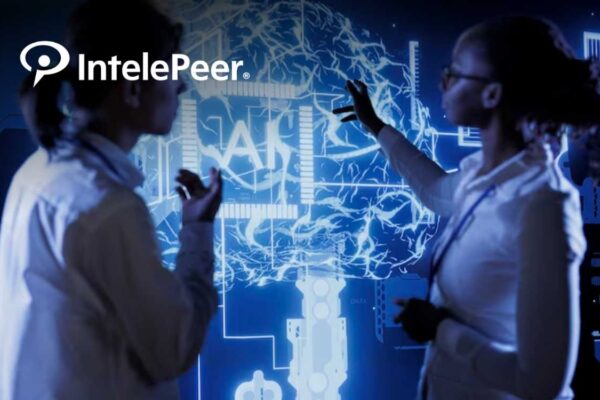Business leaders whose jobs involve customer service are looking to AI for a competitive advantage as cost pressures mount and customer loyalty is more fragile than ever
Three-quarters of customer experience leaders say they feel pressure to incorporate AI into their business strategy
Among challenges leaders expect, change management tops the list as AI plays an increasing role in organizations
More than 60% of customer experience leaders expect that AI will give them a competitive advantage, indicating that AI is poised to make a significant impact on the way companies interact with their customers. Improving customer experiences is an early entry point for AI in business operations, so Qualtrics asked workers focused on the customer experience (CX), including customer service and user experience, for their perspective on AI and its potential impact on their work.
For customer experience leaders, the race is on
The rapid advancement of generative AI like ChatGPT has accelerated expectations for AI to take on human-like capabilities. The media cycle is accompanied by internal pressure in organizations as they race to incorporate AI and improve their business results. Even as a relatively new technology, 75% of leaders say they feel pressure to incorporate generative AI into their business strategy now.
Organizations have reams of data about their customers and their experiences with the company, but it’s not easily accessible or easy to take action on without significant manual work to analyze it and determine the best way to respond. AI can accelerate and simplify the process of gleaning insights and recommending or automating the right response, and leaders are eager to pursue this path. Nearly two-thirds of leaders (senior managers and higher) expect their companies will increase their financial investment in tech tools as well as training for their CX teams over the next year. But incorporating AI doesn’t mean humans aren’t necessary; more than half of customer experience leaders believe the size of their teams will grow over the next year.
“Historically, emerging technologies have elevated the human experience by allowing users to prioritize the skills that they uniquely possess,” said Ellen Loeshelle, Qualtrics Director of AI Product Management. “Incorporating AI gives customer experience teams a powerful way to reduce workloads and let people focus on the issues that humans are made for, without sacrificing insights that drive future improvements and innovations.”
CX leaders expect to reduce team workload by fixing inefficient processes with AI
The main focus areas for CX leaders over the next year are improving customer satisfaction scores and improving how they measure sentiment – and leaders believe AI can directly address these priorities. The most commonly identified benefit of AI for leaders is reducing the team’s overall workload. Other top benefits include helping agents respond to customers in the moment and generating broad insights from multiple customer interactions.
Not only can AI address the specific priorities for CX leaders, when viewed as a whole, these individual benefits can decrease the risk of burnout by fixing inefficient processes, improving employee retention. Prior Qualtrics research found that frontline employees who say their teams are understaffed are twice as likely to consider quitting multiple times a month.
The pace of AI means that some employees haven’t prepared for the ways it might affect their jobs. A quarter of individual contributors don’t believe AI will benefit their team’s work, while just 6% of leaders (senior managers and executives) feel the same.
Leaders recognize this challenge – just over one-third of them said that change management and adoption of AI among their teams was a concern, making it the most common challenge leaders are prepared to face.
Methodology
This research was conducted between June 28 – July 12, 2023 among more than 800 respondents who work in the field of customer experience in Australia, Brazil, France, Germany, Japan, Mexico, the United Kingdom or the United States. Respondents were selected from a randomized panel and considered eligible if they are at least 18 years of age and working full-time.























